Twenty-nine milliseconds. To most people, that fraction of a second means little. But time is big money for stock traders seeking a speed edge.
A Toronto company hoping to capitalize on that demand has filed a request with Canadian regulators to approve a proposed new fiber-optic line running through the Northwest Passage.
Arctic Fibre plans to spend $600 million to stretch a 15,700km cable between Japan and Nunavut, Canada on the way to Cork, Ireland, and Québec, where it would further connect to the northeastern United States.
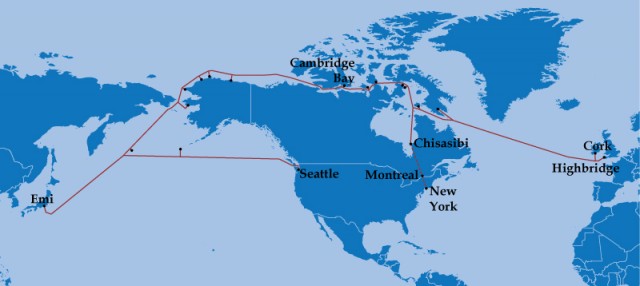
Arctic Fibre’s Network Map
To gain government support, Arctic Fibre has asked the Nunavut Impact Review Board and Industry Canada for submarine cable landing licenses that would dramatically improve Internet access and speeds in remote parts of northernmost Canada, especially in the territory of Nunavut. Fiber connections would be available in Iqaluit, Cambridge Bay, Cape Dorset, Igloolik, Taloyoak, and Goja Haven – all in Nunavut. Other fiber connections would be available in Tuktoyaktuk, N.W.T., and in Shemya, Nome, Kotzebue, Point Hope, Wainwright, Barrow, and Prudhoe Bay, Alaska.
In the future, further expansion could bring fiber connections to:
- Québec: Ivujivik, Kangiqsujuaq, Kingirsuk, Kuujjuaq, Quaqtaq, and Salluit
- Nunavut: Chesterfield Inlet, Rankin Inlet, Arviat, Pangnirtung, Qikiqtarjuaq, Clyde River, Pond Inlet, and Resolute Bay
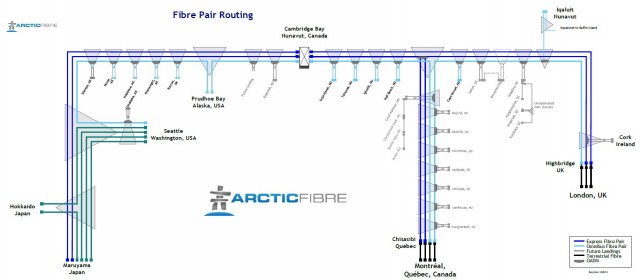
Deep pocketed investment firms are attracted to claims the new network will cut 29 milliseconds off data connections between Tokyo and London, giving investors a tiny, but very lucrative edge in automated stock trading.
“We’re pretty well assured that that is going to happen fairly quickly,” Doug Cunningham, president of Arctic Fibre told Canadian Press. “Not that it’s rubber-stamped, but we’re very confident that we will be getting a license forthwith.”
The new cable could be running by 2016.


 Subscribe
Subscribe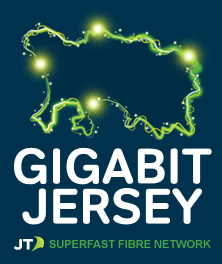 More than 5,000 residents and businesses living on the island Bailiwick of Jersey now have a choice of two Internet Service Providers – both supplying gigabit fiber optic broadband.
More than 5,000 residents and businesses living on the island Bailiwick of Jersey now have a choice of two Internet Service Providers – both supplying gigabit fiber optic broadband.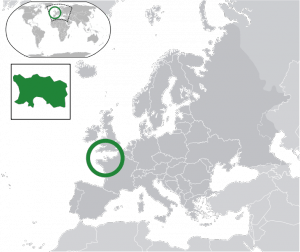 Using traditional Return On Investment standards, Jersey would barely qualify for basic DSL service. The island has a population of just 100,000 residents, some spread far and wide in remote locations. Basic DSL service was supplied to customers in more densely populated communities, but speeds were often slow and congestion became a major problem, especially at night.
Using traditional Return On Investment standards, Jersey would barely qualify for basic DSL service. The island has a population of just 100,000 residents, some spread far and wide in remote locations. Basic DSL service was supplied to customers in more densely populated communities, but speeds were often slow and congestion became a major problem, especially at night. AT&T and Verizon are among the biggest tech company spenders in Washington, paying millions every quarter to lobby federal and state lawmakers on how they can make life easier for the telecom giants.
AT&T and Verizon are among the biggest tech company spenders in Washington, paying millions every quarter to lobby federal and state lawmakers on how they can make life easier for the telecom giants.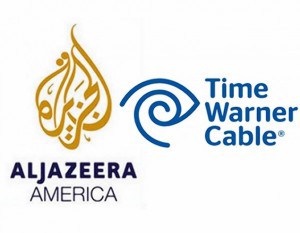 Time Warner Cable, the nation’s second largest cable operator, has agreed to carry Al Jazeera America on its cable lineup nationwide, giving the network 10 million more potential viewers.
Time Warner Cable, the nation’s second largest cable operator, has agreed to carry Al Jazeera America on its cable lineup nationwide, giving the network 10 million more potential viewers.
